Search the collection
Filter By
Object Type / Material
Geographic Location
Department
Date
Show Only:
- As part of the Met's Open Access policy, you can freely copy, modify and distribute this image, even for commercial purposes.APIPublic domain data for this object can also be accessed using the Met's Open Access API
Objects with changed or unknown ownership in continental Europe between 1933-1945. Learn more
More than 10,000 results for British, possibly Nailsea
Sort by:

British, possibly Nailsea
late 18th–early 19th century

British, Nailsea
late 18th–early 19th century

British, Nailsea
ca. 1800

probably British, Nailsea
late 18th–early 19th century

British, probably Nailsea
late 18th–early 19th century

British, probably Nailsea
late 18th–early 19th century

British, probably Nailsea
late 18th–early 19th century

British, probably Nailsea
late 18th–early 19th century

British, probably Nailsea
late 18th–early 19th century

British, probably Nailsea
late 18th–early 19th century

British, probably Nailsea
late 18th–early 19th century
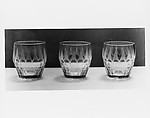
British, possibly
1770–1800

British, possibly
1770–1800

British, possibly
1770–1800

British, possibly
1885–90

British, possibly
1870–1900
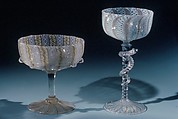
British, possibly
1870–1900
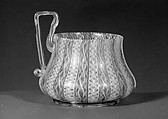
British, possibly
1870–1900

British, possibly
1870–1900

possibly British
14th century
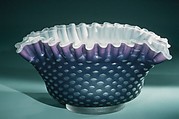
British, possibly
1885–90

British, possibly
1870–1900

British, possibly
1870–1900

British, possibly
1870–1900

possibly British
ca. 1500–1520

possibly British
ca. 1510

British, Nailsea or Bristol
late 18th–early 19th century

Matthew Boulton
Josiah Wedgwood
ca. 1790
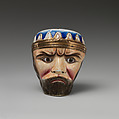
British, possibly Birmingham
ca. 1760–70
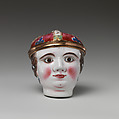
British, possibly Birmingham
ca. 1760–70
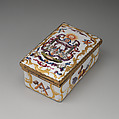
British, possibly Birmingham
1764

Multiple artists/makers
1861
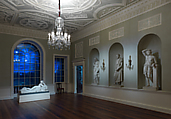
Multiple artists/makers
1766–69

William Vile
John Cobb
1760–61
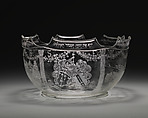
British
1700

British
ca. 1180
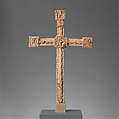
British
ca. 1150–60
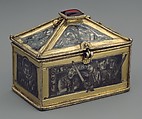
British
ca. 1173–80

Richard Meares
ca. 1680
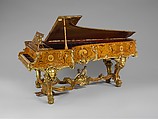
Érard
George Henry Blake
ca. 1840